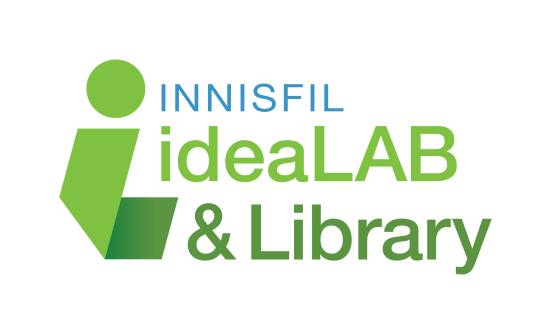Why it Matters?
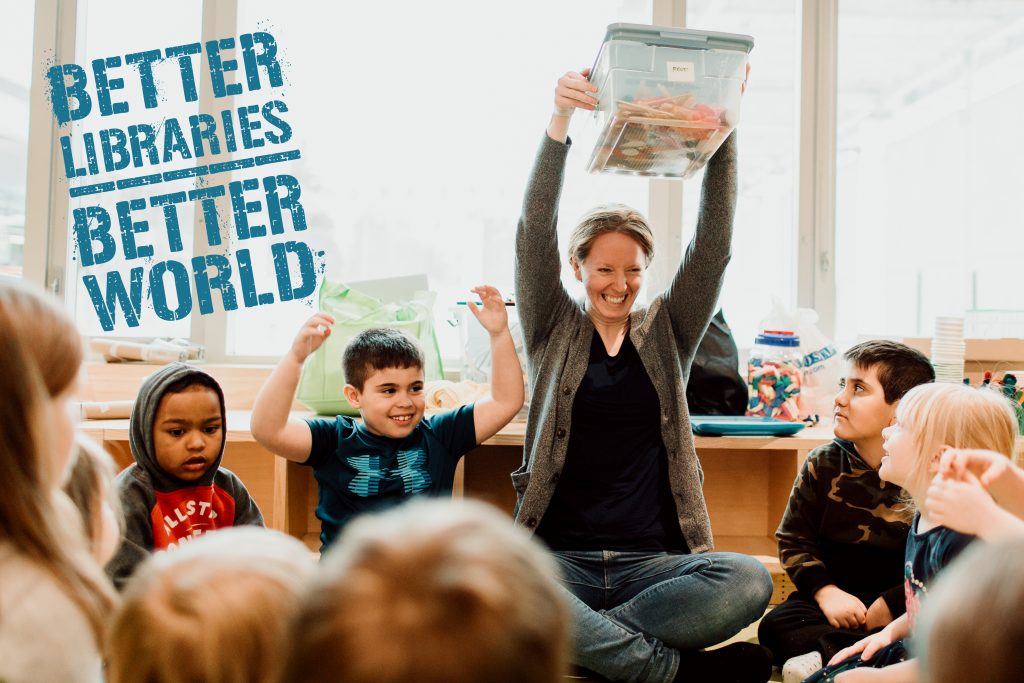
Early Literacy
Developing reading skills and instilling a love of reading early is essential. A lack of reading skills in children before grade 3 is proven to have a detrimental impact on educational outcomes. Literacy, when measured against other factors, has the most notable effect on standard of living.
Library programs have been employing “Every Child Ready to Read” (ECRR) practices, which have been proven to improve childhood literacy outcomes. Getting children ready to read in their preschool years has been proven to improve childhood literacy outcomes. When kids learn to read, they become adults who love to read. To help ensure the future success of our youth, it is imperative to make libraries a fundamental service.
Digital Literacy
At the height of the pandemic, we discovered that both technology and opportunity aren’t equally distributed in our communities. Many companies were able to equip themselves quickly to keep business going, but the underserved: students, teachers and families, got caught in this growing ‘digital divide.’
Libraries provide access to broadband internet in underserviced areas, helping people meet their professional and academic goals by providing access to the technology needed for success. Libraries build bridges across the digital divide; and librarians walk people across it.
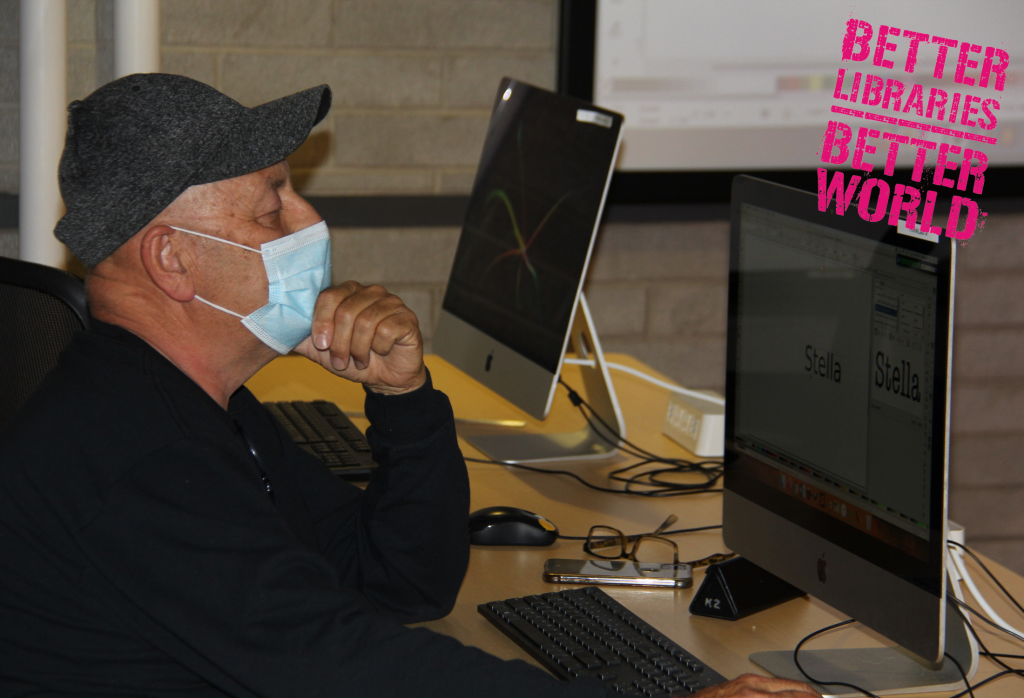
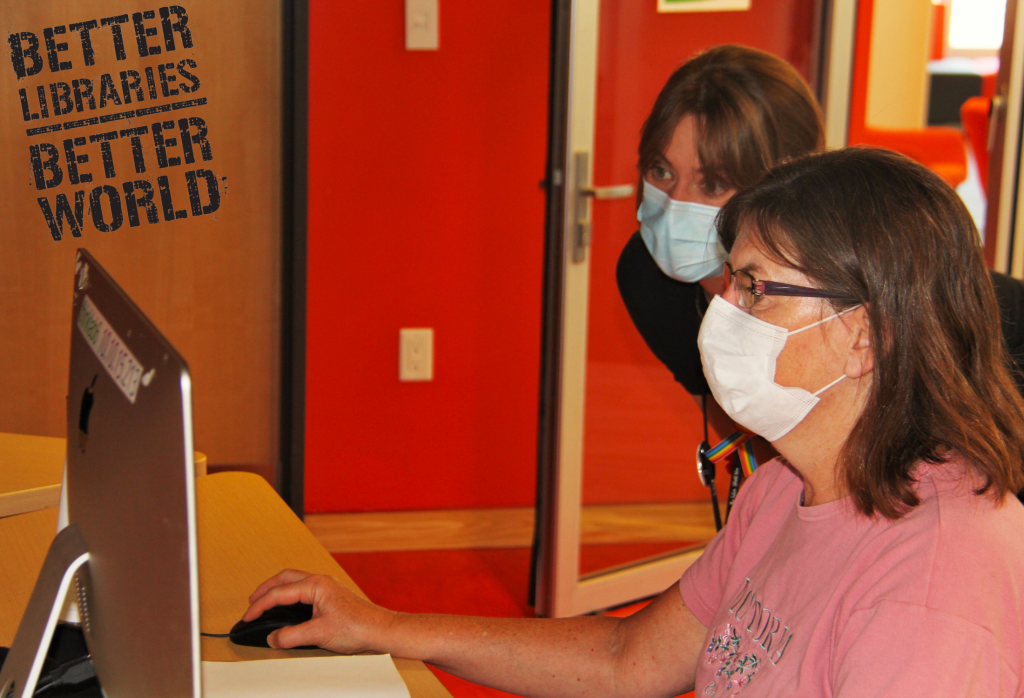
Job Retraining
The past few years have been difficult. The pandemic widened cracks in the economy and permanently changed the employment landscape. Libraries help to build a thriving economy and are vital in times of economic uncertainty as the first place many people go to access and learn about new technology and how to use it.
Libraries encourage entrepreneurship and innovation by providing access to professional services, technology training, and building technology confidence. Digital skills gaps are a widespread problem and libraries are vital partners in connecting people to learning.
Seniors
Isolation, loneliness and loss of community connection; this was the reality for many of our community’s seniors, exacerbated by the COVID-19 pandemic. Libraries connect seniors with technology help and specialized programming to improve their digital literacy. This is critical for seniors to connect with their community, family and friends and to gain access to basic needs like food, government support, and healthcare.
Working with community partners, libraries address community needs more effectively than they could alone. Together we are continuously exploring new ways to incorporate lifelong learning, social connections and access to social services for older adults in our communities. Public libraries create a network of opportunities that allow seniors to flourish.
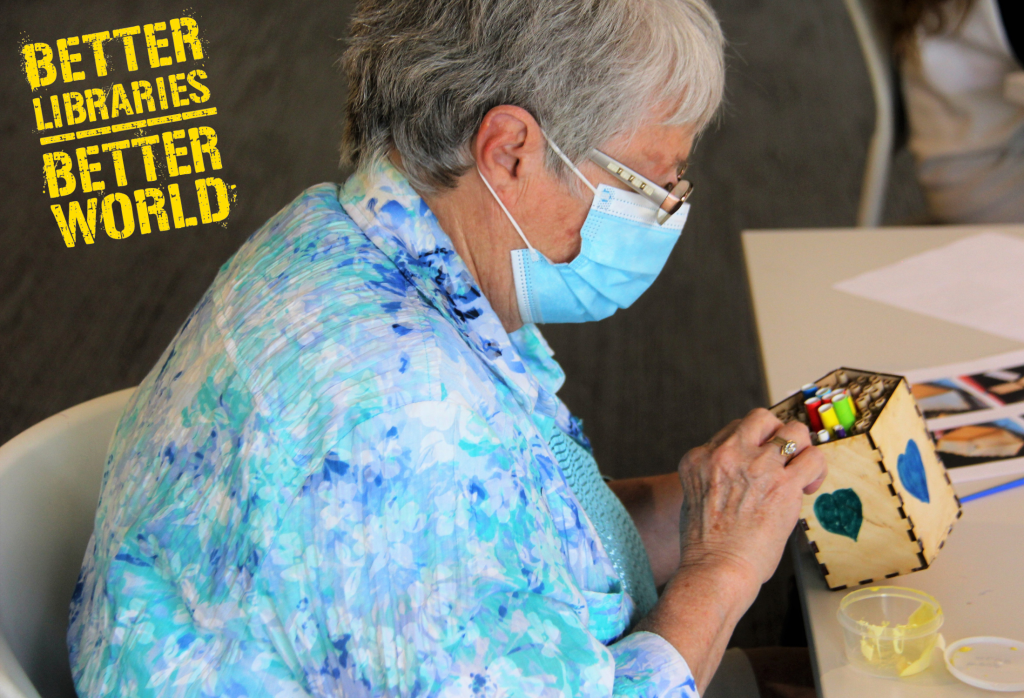
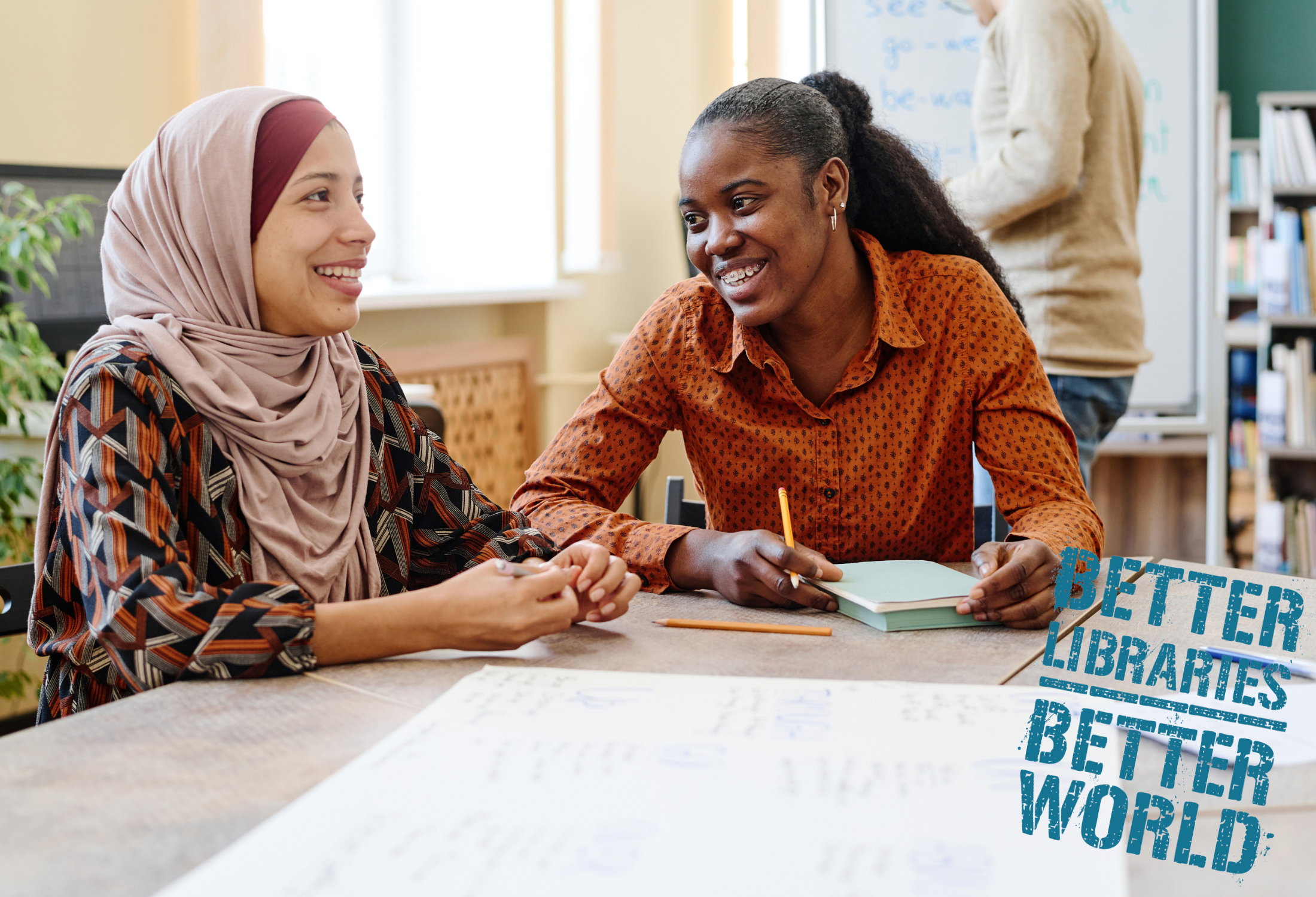
Newcomers
Simcoe County communities are experiencing rapid population growth, which also means high immigrant population growth. The challenges of adapting to a new culture on top of language barriers, prejudice and feelings of isolation can be overwhelming for newcomers. Libraries are trusted institutions around the world. This makes the public library a space where people can go to get reliable information and connect with community.
The services libraries provide, the collections they maintain, and the interactions that happen through their spaces and community networks are critical to guiding newcomers in our communities. With this multi-layered support, new immigrants can not only lay down new roots, but flourish, grow and thrive.
